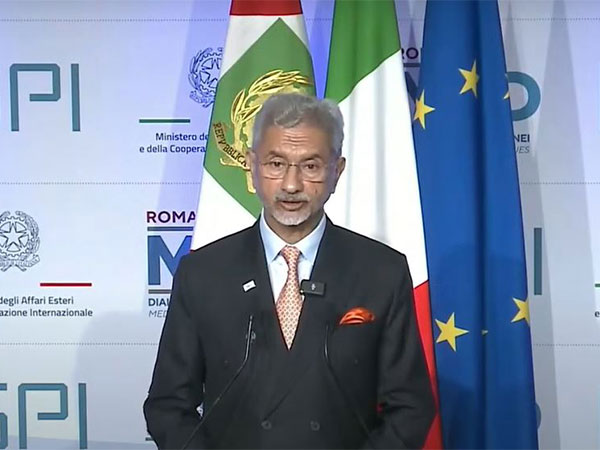India's Game-Changing Economic Corridor Boosting Ties with Mediterranean
External Affairs Minister S Jaishankar announced the strategic importance of connectivity for India-Mediterranean relations, highlighting the India-Middle East-Europe Economic Corridor. Despite regional conflicts, the corridor fosters collaboration between India, UAE, and Saudi Arabia, with additional focus on the I2U2 grouping's potential and India's expanding trade and interests.

- Country:
- Italy
In a significant statement, External Affairs Minister S Jaishankar emphasized the potential of the India-Middle East-Europe Economic Corridor (IMEC) as a transformative influence in India-Mediterranean relations. Speaking at the MED Mediterranean Dialogues Conference in Rome, he pointed out that connectivity would be the new element reshaping relationships in this region.
Despite ongoing conflicts in the Middle East complicating the regional landscape, Jaishankar assured that the IMEC's development continues, particularly strengthening ties between India, the UAE, and Saudi Arabia. He also highlighted the I2U2 grouping—consisting of India, Israel, the UAE, and the US—as a growing force in the future geopolitical domain.
The minister underscored India's substantial economic engagement with the Mediterranean, noting the trade volume of around USD 80 billion and a significant Indian diaspora of 460,000. With key interests in technology, energy, and infrastructure, India is poised to enhance its influence and collaborative efforts in the Mediterranean and Middle East regions.
(With inputs from agencies.)
- READ MORE ON:
- India
- Middle East
- Mediterranean
- Jaishankar
- IMEC
- Economic Corridor
- trade
- diaspora
- connectivity
- I2U2










